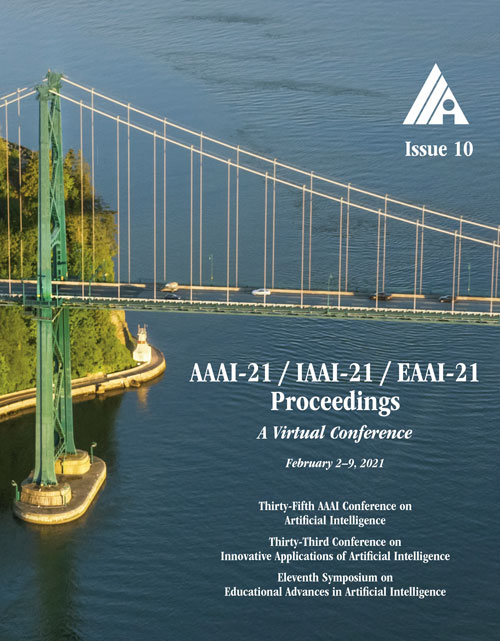Robust Reinforcement Learning: A Case Study in Linear Quadratic Regulation
DOI:
https://doi.org/10.1609/aaai.v35i10.17122Keywords:
Reinforcement Learning, Behavior Learning & ControlAbstract
This paper studies the robustness of reinforcement learning algorithms to errors in the learning process. Specifically, we revisit the benchmark problem of discrete-time linear quadratic regulation (LQR) and study the long-standing open question: Under what conditions is the policy iteration method robustly stable from a dynamical systems perspective? Using advanced stability results in control theory, it is shown that policy iteration for LQR is inherently robust to small errors in the learning process and enjoys small-disturbance input-to-state stability: whenever the error in each iteration is bounded and small, the solutions of the policy iteration algorithm are also bounded, and, moreover, enter and stay in a small neighborhood of the optimal LQR solution. As an application, a novel off-policy optimistic least-squares policy iteration for the LQR problem is proposed, when the system dynamics are subjected to additive stochastic disturbances. The proposed new results in robust reinforcement learning are validated by a numerical example.Downloads
Published
2021-05-18
How to Cite
Pang, B., & Jiang, Z.-P. (2021). Robust Reinforcement Learning: A Case Study in Linear Quadratic Regulation. Proceedings of the AAAI Conference on Artificial Intelligence, 35(10), 9303-9311. https://doi.org/10.1609/aaai.v35i10.17122
Issue
Section
AAAI Technical Track on Machine Learning III

